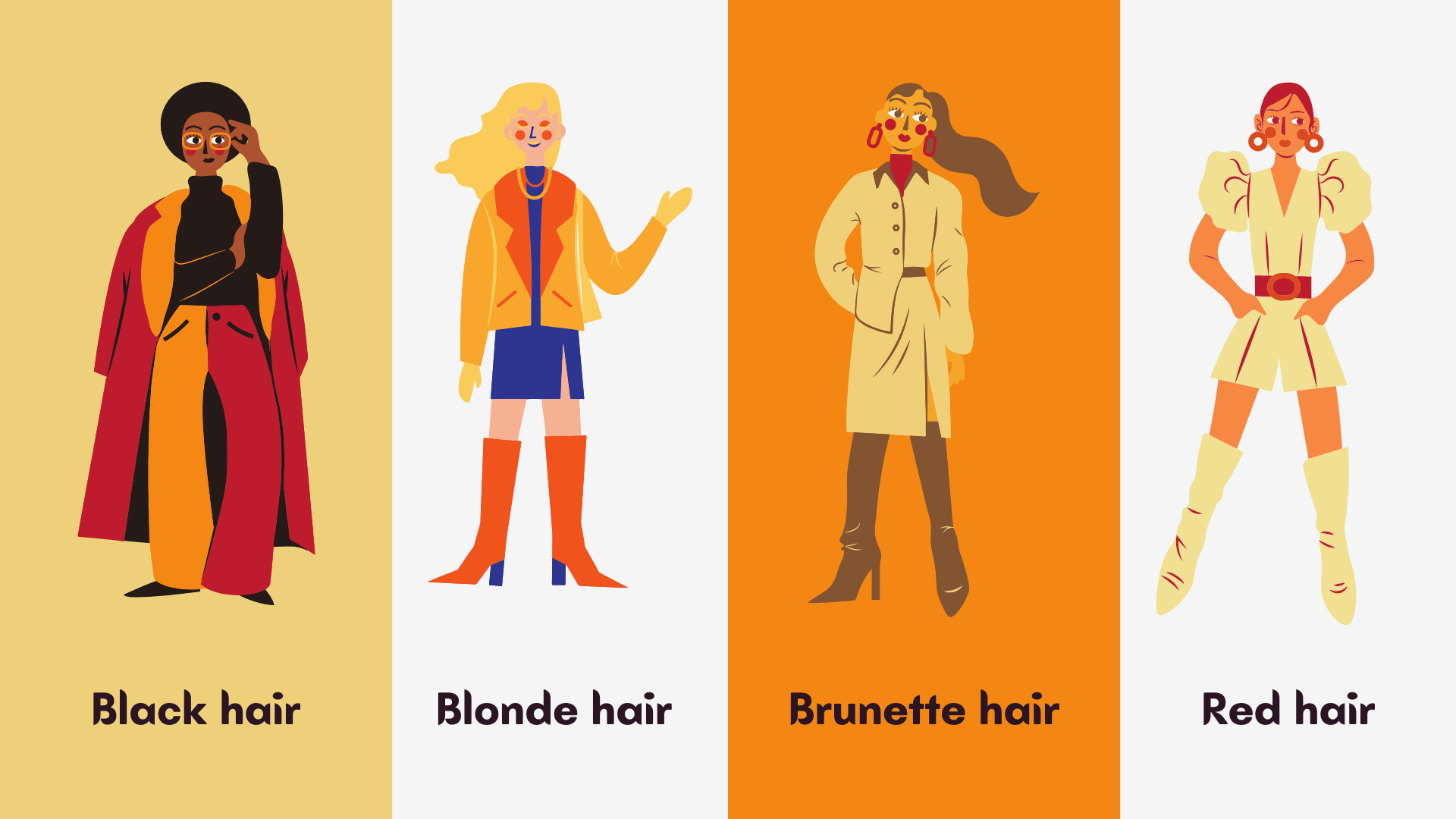Aggettivi per Descrivere le Persone

In inglese, ci sono molti aggettivi che possiamo usare per descrivere il carattere, l'aspetto fisico e il comportamento delle persone. In questo articolo, esploreremo alcuni degli aggettivi più comuni per parlare di come sono le persone, sia dentro che fuori.
1. Aggettivi per descrivere l’aspetto fisico
- Tall – Alto
- He is a tall man. (Lui è un uomo alto.)
- Short – Basso
- She is a short woman. (Lei è una donna bassa.)
- Slim – Snodato, magro
- He is very slim. (Lui è molto magro.)
- Chubby – Paffuto
- The baby is chubby. (Il bambino è paffuto.)
- Handsome – Bello (per gli uomini)
- He is a handsome young man. (Lui è un giovane uomo bello.)
- Beautiful – Bella (per le donne)
- She is a beautiful woman. (Lei è una donna bella.)
- Curly – Riccio
- She has curly hair. (Lei ha i capelli ricci.)
- Straight – Liscio
- His hair is straight. (I suoi capelli sono lisci.)
- Bald – Calvo
- He is bald. (Lui è calvo.)

2. Aggettivi per descrivere il carattere
- Friendly – Amichevole
- She is very friendly. (Lei è molto amichevole.)
- Shy – Timido
- He is shy around new people. (Lui è timido con le persone nuove.)
- Generous – Generoso
- She is generous with her time. (Lei è generosa con il suo tempo.)
- Greedy – Avido
- He is greedy and never shares. (Lui è avaro e non condivide mai.)
- Honest – Onesto
- She is an honest person. (Lei è una persona onesta.)
- Arrogant – Arrogante
- He is very arrogant. (Lui è molto arrogante.)
- Hardworking – Lavoratore
- She is a hardworking student. (Lei è una studentessa laboriosa.)
- Lazy – Pigro
- He is too lazy to study. (Lui è troppo pigro per studiare.)
- Confident – Sicuro di sé
- She is a confident speaker. (Lei è una oratrice sicura di sé.)
- Nervous – Nervoso
- He gets nervous before exams. (Lui diventa nervoso prima degli esami.)
3. Aggettivi per descrivere il comportamento
- Polite– Educato
- He is a polite gentleman. (Lui è un gentiluomo educato.)
- Rude – Maleducato
- She is rude to her classmates. (Lei è maleducata con i suoi compagni di classe.)
- Supportive – Sostenitore
- He is always supportive of his friends. (Lui è sempre di supporto ai suoi amici.)
- Jealous – Geloso
- She is jealous of her sister’s success. (Lei è gelosa del successo di sua sorella.)
- Reliable – Affidabile
- He is a reliable friend. (Lui è un amico affidabile.)
- Moody – Lunatico
- She can be very moody. (Lei può essere molto lunatica.)
- Optimistic – Ottimista
- He is an optimistic person. (Lui è una persona ottimista.)
- Pessimistic – Pessimista
- She has a pessimistic attitude. (Lei ha un atteggiamento pessimista.)
- Curious – Curioso
- He is a curious student. (Lui è uno studente curioso.)
- Egoistic – Egoista
- She is very egoistic. (Lei è molto egoista.)
4. Aggettivi per descrivere l’età e l’esperienza
- Young – Giovane
- He is a young doctor. (Lui è un giovane medico.)
- Old – Anziano
- She is an old woman. (Lei è una donna anziana.)
- Experienced – Esperto
- He is an experienced teacher. (Lui è un insegnante esperto.)
- Inexperienced – Inesperto
- She is an inexperienced driver. (Lei è una guida inesperta.)
5. Aggettivi per descrivere l’emotività**
- Happy – Felice
- She is very happy today. (Lei è molto felice oggi.)
- Sad – Triste
- He looks sad. (Lui sembra triste.)
- Angry – Arrabbiato
- He is angry at his friend. (Lui è arrabbiato con il suo amico.)
- Excited – Eccitato
- She is excited about the concert. (Lei è eccitata per il concerto.)
- Depressed – Depresso
- He is feeling depressed lately. (Lui si sente depresso ultimamente.)
